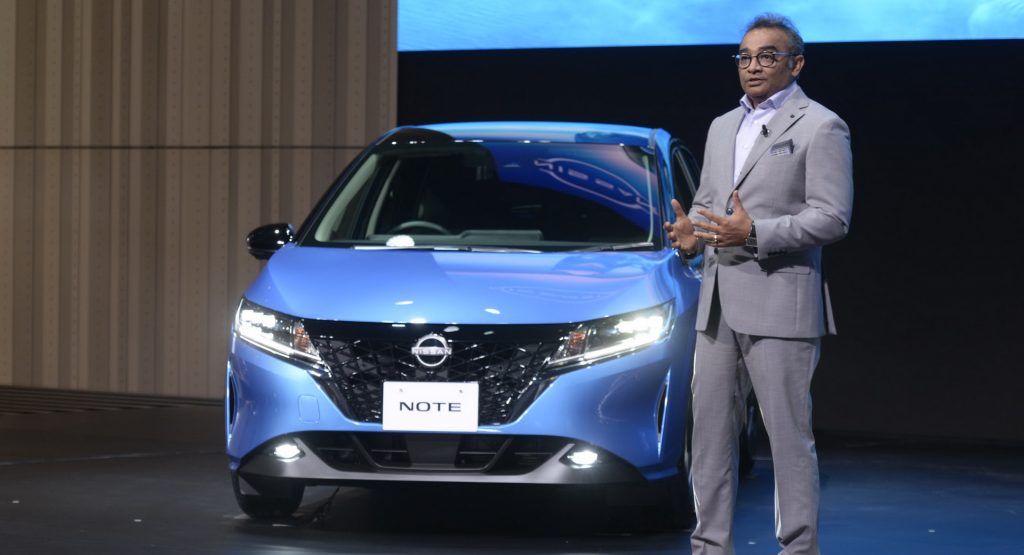Nissan said it will cut down production of the Note this month as a response to a shortage of semiconductors, following Honda’s announcement that its output in Japan will also be affected.
The global shortage of semiconductors is, according to Reuters, caused by consumer demand bouncing back from the coronavirus pandemic, causing manufacturing delays for carmakers and consumer electronics makers.
Read Also: Nissan Will Further Reduce Its Footprint In Europe As It Reverses Ghosn’s Expansion Plan
Nissan will reduce its production output for the Note at their Oppama factory in Japan, but didn’t go into further details. Nikkei reported that the Japanese carmaker is dropping the output of the Note to around 5,000 examples for January, down from the originally planned 15,000.
Volkswagen has also said last month that they are going to adjust their production outputs at factories in China, North America and Europe due to the shortage of chips.
Some carmakers could even see their production outputs reduced by 10 to 20 percent a week from February, if fear over shortages is realized, company insiders told Financial Times.
“The problem is that we are lower down the chain than companies like Apple and HP,” said one executive. “The auto sector doesn’t pay as much for its semiconductors.”
Honda has also begun “seeing some impact in the parts supply”, according to a company spokesman, adding that they are examining different adjustments for the production of each of their models. While Honda’s chip inventory is secured until February, the carmaker will cut its production output by around 4,000 units this month, with the majority of it affecting the Fit subcompact built in Suzuka.







